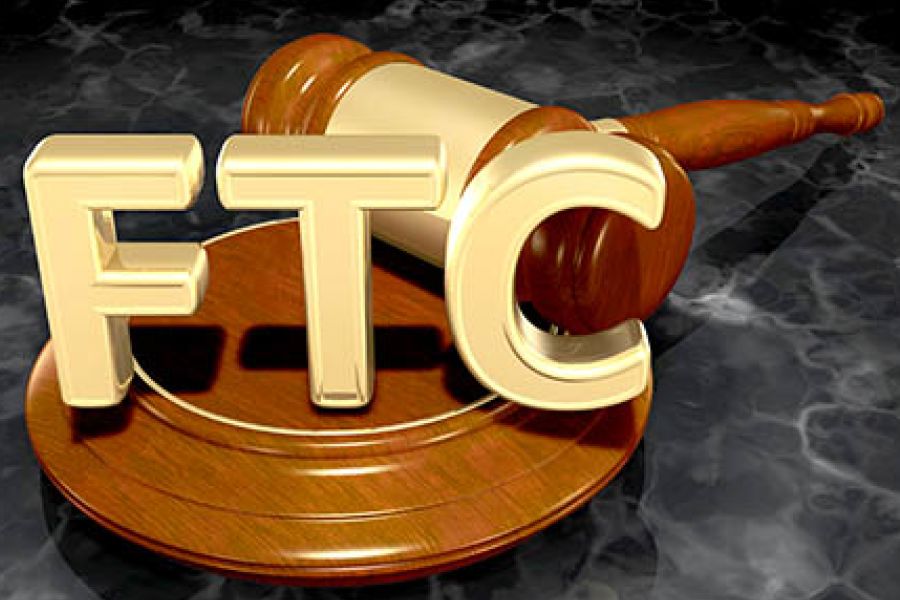For many businesses, such as retailers, manufacturers and contractors, strict inventory control is central to operations. If you don’t track inventory accurately, you can’t effectively produce goods, meet customer demand and realize profits. Let’s say you’re performing a year-end inventory count and you come up short. Have you miscounted or have the items been misplaced? Or has someone stolen inventory? A professional fraud expert can help you get to the bottom of such discrepancies. Assuming an innocent explanation Before assuming theft, experts investigate whether missing inventory items were really stolen. Employees might have kept sloppy records or failed to follow proper procedures, resulting in “missing” inventory. For example, a company without a location assignment for each item, an effective method of tracking overflow stock, and a well-run returns...

Do you invest in mutual funds or are you interested in putting some money into them? If so, you’re part of a large group. According to the Investment Company Institute, 116 million individual U.S. investors owned mutual funds in 2023. But despite their widespread use, the tax rules involved in selling mutual fund shares can be complex. Review the basic rules Let’s say you sell appreciated mutual fund shares that you’ve owned for more than one year. The resulting profit will be a long-term capital gain. As such, the maximum federal income tax rate will be 20%, and you may also owe the 3.8% net investment income tax. However, most taxpayers will pay a tax rate of only 15% and some may even qualify for a 0%...
The next quarterly estimated tax payment deadline is September 16 for individuals and businesses, so it’s a good time to review the rules for computing corporate federal estimated payments. You want your business to pay the minimum amount of estimated tax without triggering the penalty for underpayment of estimated tax. Four possible options The required installment of estimated tax that a corporation must pay to avoid a penalty is the lowest amount determined under one of the following four methods: Current year method. Under this option, a corporation can avoid the estimated tax underpayment penalty by paying 25% of the tax shown on the current tax year’s return (or, if no return is filed, 25% of the tax for the current year) by each of four installment...
Noncompete agreements can be valuable to a business, especially after a merger or acquisition. Estimating the value of these agreements has become more complicated in light of a controversial new final rule issued by the Federal Trade Commission (FTC) that will ban noncompetes for most employees and independent contractors, starting in September 2024. Types of noncompetes Noncompete agreements have been a standard business practice for decades. Some are required as a condition of employment or upon termination of employment. Here, the employer requires an employee to sign a noncompete agreement to protect the employer’s business interests, guard against disclosure of trade secrets, and prevent the employee from poaching customers or clients. These agreements generally limit employment activities in the same field for a specified period. Noncompetes also may...
Are you an older taxpayer who owns a house that has appreciated greatly? At the same time, you may need income. Thankfully, there could be a solution with a tax-saving bonus. It involves taking out a reverse mortgage. Reverse mortgage basics With a reverse mortgage, the borrower doesn’t make payments to the lender to pay down the mortgage principal over time. Instead, the reverse happens. The lender makes payments to you and the mortgage principal gets bigger over time. Interest accrues on the reverse mortgage and is added to the loan balance. But you typically don’t have to repay anything until you permanently move out of the home or pass away. You can receive reverse mortgage proceeds as a lump sum, in installments over a period of time...
As reported in IR-2024-169 IRS enters next stage of Employee Retention Tax Credit work; review indicates vast majority show risk of being improper Highest-risk claims being denied, additional processing to begin on low-risk claims; heightened scrutiny and review continues as compliance work tops $2 billion; IRS will consult with Congress on potential legislative action before making decision on future of moratorium Following a detailed review to protect taxpayers and small businesses, the Internal Revenue Service on June 20, 2024 announced plans to deny tens of thousands of improper high-risk Employee Retention Tax Credit claims while starting a new round of processing lower-risk claims to help eligible taxpayers. “The completion of this review provided the IRS with new insight into risky Employee Retention Tax Credit activity and confirmed widespread concerns...
One of the types of occupational fraud schemes that became more costly for employers since the beginning of the COVID-19 pandemic in 2020 is expense reimbursement fraud. According to the Association of Certified Fraud Examiners’ (ACFE’s) latest report, this type of employee scheme now ranks fourth after corruption, billing schemes and noncash fraud. Although the $50,000 median loss of expense reimbursement scams is less than that of some other frauds, it’s also very commonly perpetrated. According to software company Emburse, nearly 25% of 1,000 workers surveyed admitted to passing off personal purchases as work-related buys. If you let internal controls slip a bit during the pandemic and you’re seeing more exaggerated or falsified expense reports, it’s time to reinforce your fraud deterrents. How they do it Employees often...
The IRS recently released guidance providing the 2025 inflation-adjusted amounts for Health Savings Accounts (HSAs). These amounts are adjusted each year, based on inflation, and the adjustments are announced earlier in the year than other inflation-adjusted amounts, which allows employers to get ready for the next year. Fundamentals of HSAs An HSA is a trust created or organized exclusively for the purpose of paying the qualified medical expenses of an account beneficiary. An HSA can only be established for the benefit of an eligible individual who is covered under a high-deductible health plan (HDHP). In addition, a participant can’t be enrolled in Medicare or have other health coverage (exceptions include dental, vision, long-term care, accident and specific disease insurance). Within specified dollar limits, an above-the-line tax deduction is...
There are many rewards for taking care of an elderly relative. They may include feeling needed, making a difference in the person’s life and allowing the person to receive quality care. In addition, you could also be eligible for tax breaks. Here’s a rundown of four of them: Medical expenses. If the individual qualifies as your “medical dependent” and you itemize deductions on your tax return, you can include any medical expenses you incur for the person along with your own when determining your medical deduction. The test for determining whether an individual qualifies as your “medical dependent” is less stringent than that used to determine whether an individual is your “dependent,” which is discussed below. In general, an individual qualifies as a medical...
When valuing a business, experts often look beyond the company’s financial statements. Management interviews and document requests may provide additional objective insight into how much the owners believe the business is worth. This information shouldn’t be used as a substitute for a comprehensive valuation analysis, but it may identify discrepancies that need to be reconciled. Here are five common alternative indicators of value that experts may consider: 1. Buy-sell agreements. Owners often protect their business interests with buy-sell agreements. These agreements may provide a specific value for the business or contain valuation formulas to be used on an owner’s death or termination. Some detailed buy-sell agreements may even specify whether valuation discounts apply and, if so, how much. But if a buy-sell agreement has been superseded...
- 1
- 2
- 3
- 4
- 5
- 6
- 7
- 8
- 9
- 10
- 11
- 12
- 13
- 14
- 15
- 16
- 17
- 18
- 19
- 20
- 21
- 22
- 23
- 24
- 25
- 26
- 27
- 28
- 29
- 30
- 31
- 32
- 33
- 34
- 35
- 36
- 37
- 38
- 39
- 40
- 41
- 42
- 43
- 44
- 45
- 46
- 47
- 48
- 49
- 50
- 51
- 52
- 53
- 54
- 55
- 56
- 57
- 58
- 59
- 60
- 61
- 62
- 63
- 64
- 65
- 66
- 67
- 68
- 69
- 70
- 71
- 72
- 73
- 74
- 75
- 76
- 77
- 78
- 79
- 80
- 81
- 82
- 83
- 84
- 85
- 86
- 87
- 88
- 89
- 90
- 91
- 92
- 93
- 94
- 95
- 96
- 97
- 98
- 99
- 100
- 101
- 102
- 103
- 104
- 105
- 106
- 107
- 108
- 109
- 110
- 111
- 112
- 113
- 114
- 115
- 116
- 117
- 118
- 119
- 120
- 121
- 122
- 123
- 124
- 125
- 126
- 127
- 128
- 129
- 130
- 131
- 132
- 133
- 134
- 135
- 136
- 137
- 138
- 139
- 140
- 141
- 142
- 143
- 144
- 145
- 146
- 147
- 148
- 149
- 150
- 151











